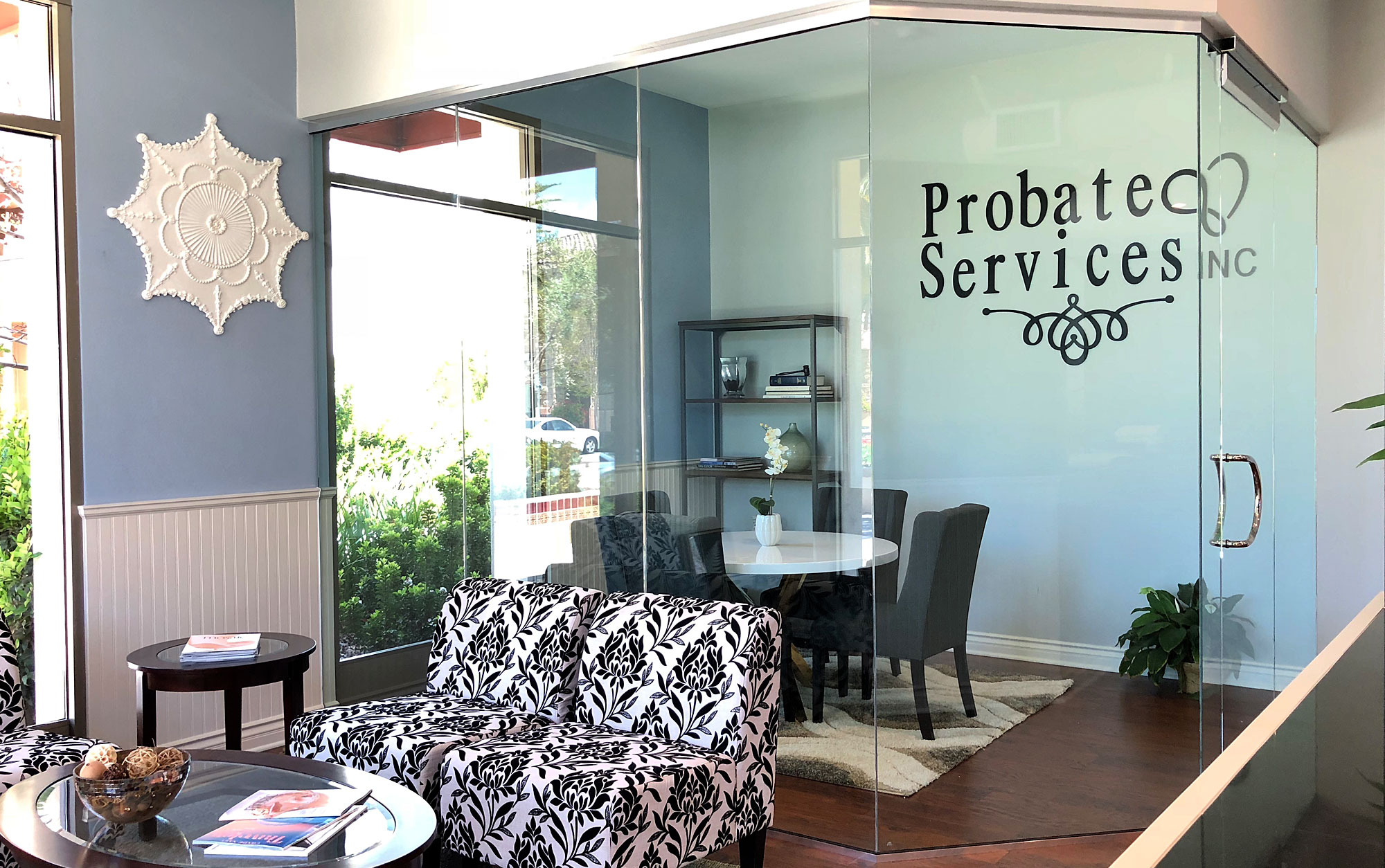Probate law can be a complex and emotionally charged field, and it’s not uncommon for clients to have complaints or issues with the services provided by their legal representatives. Handling probate client complaints with care and professionalism is critical to maintaining a positive reputation and building a successful practice. In this blog post, we’ll take a closer look at Angelique Friend’s expert approach to navigating probate client complaints.
Angelique’s Approach to Navigating Probate Client Complaints:
Step 1: Listen Actively
The first step in navigating probate client complaints is to actively listen to the client’s concerns. It’s important to give the client your full attention and let them express their grievances without interruption. Active listening involves using verbal and non-verbal cues to demonstrate that you are engaged in the conversation. This can include asking open-ended questions, nodding, and making eye contact.
Step 2: Show Empathy
After listening to the client’s concerns, it’s essential to show empathy and understanding. Probate matters can be emotionally charged, and clients may be grieving the loss of a loved one, which can make the situation even more delicate. Angelique recommends using phrases such as “I understand this must be a difficult time for you” or “I’m sorry you’re going through this” to show empathy.
Step 3: Investigate the Issue
Once you’ve listened to the client’s complaint and shown empathy, it’s important to investigate the issue to determine what went wrong and how it can be resolved. This may involve speaking with employees who were involved in the matter, reviewing documents, or gathering additional information.
Angelique recommends involving the client in this process by keeping them updated on your progress and asking for their input on potential solutions. This not only shows the client that you are taking their complaint seriously but also helps to build trust and rapport.
Step 4: Offer a Solution
After you’ve identified the issue, it’s time to offer a solution that will resolve the client’s complaint. This may involve revisiting documents, offering a refund, or providing additional services to rectify the situation.
Angelique recommends being proactive in this step by offering a solution before the client has to ask for one. This demonstrates your commitment to resolving their complaint and shows that you value their business.
Step 5: Follow Up
After the complaint has been resolved, it’s important to follow up with the client to ensure their satisfaction. Angelique recommends sending a follow-up email or making a phone call to check in with the client and see if they have any additional concerns.
This not only helps to build trust and rapport but also provides an opportunity to ask for feedback on your firm’s services, which can help you improve your practices in the future.
Conclusion:
Navigating probate client complaints with care and professionalism is essential to maintaining a positive reputation and building a successful practice. By following Angelique Friend’s expert approach, you can ensure that your clients feel heard and valued, and that their complaints are resolved in a timely and effective manner.


Connect With Us